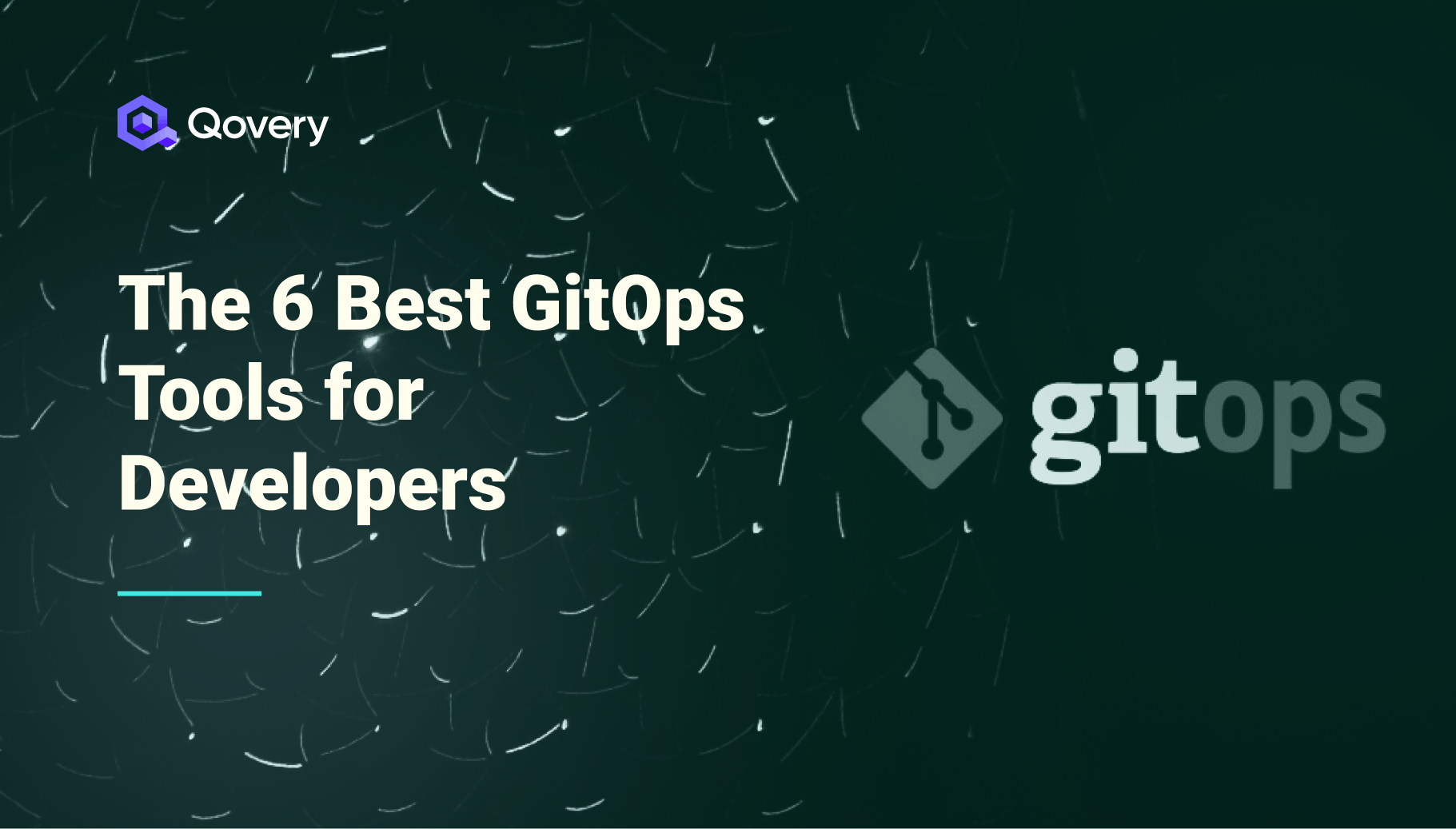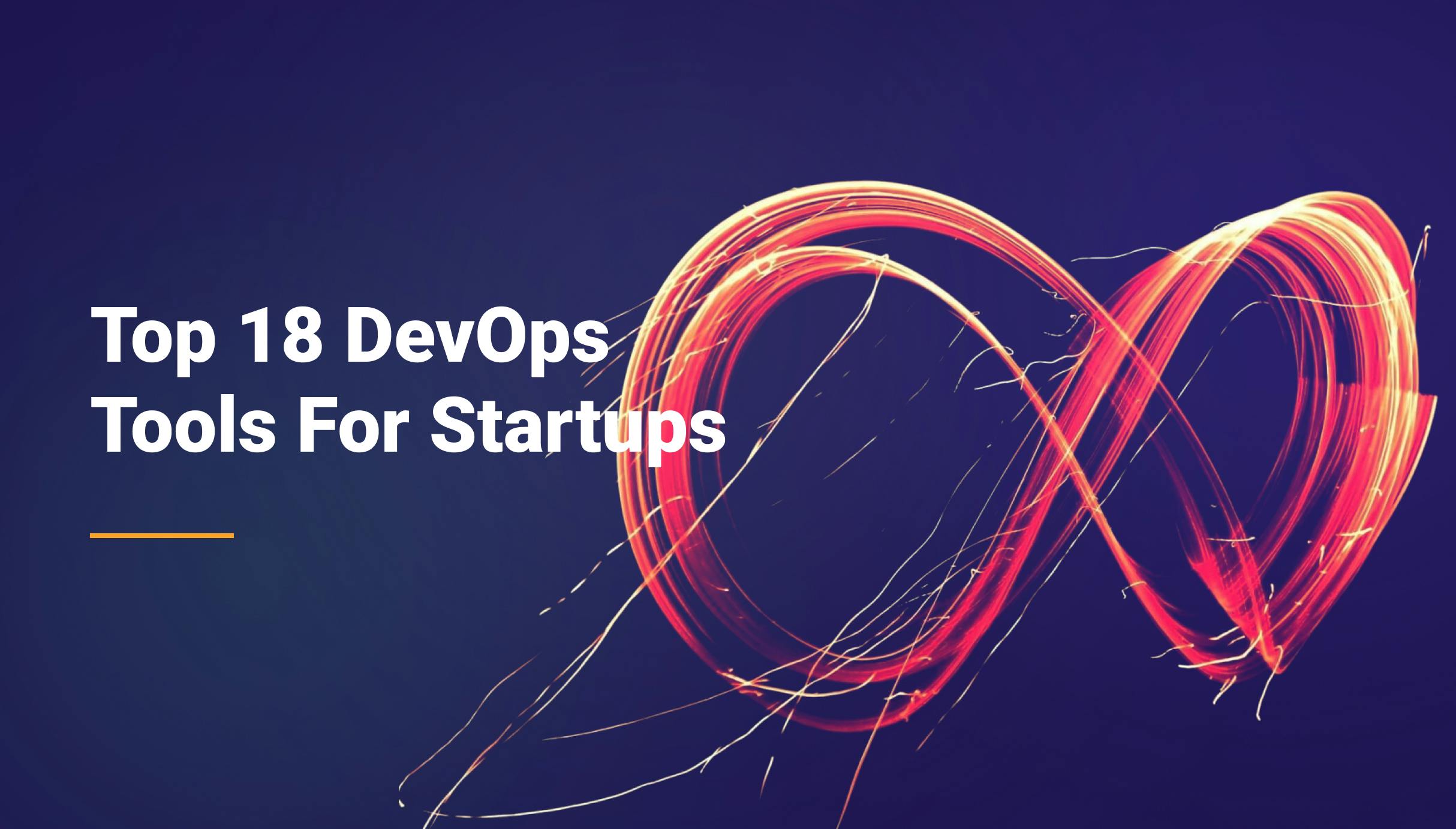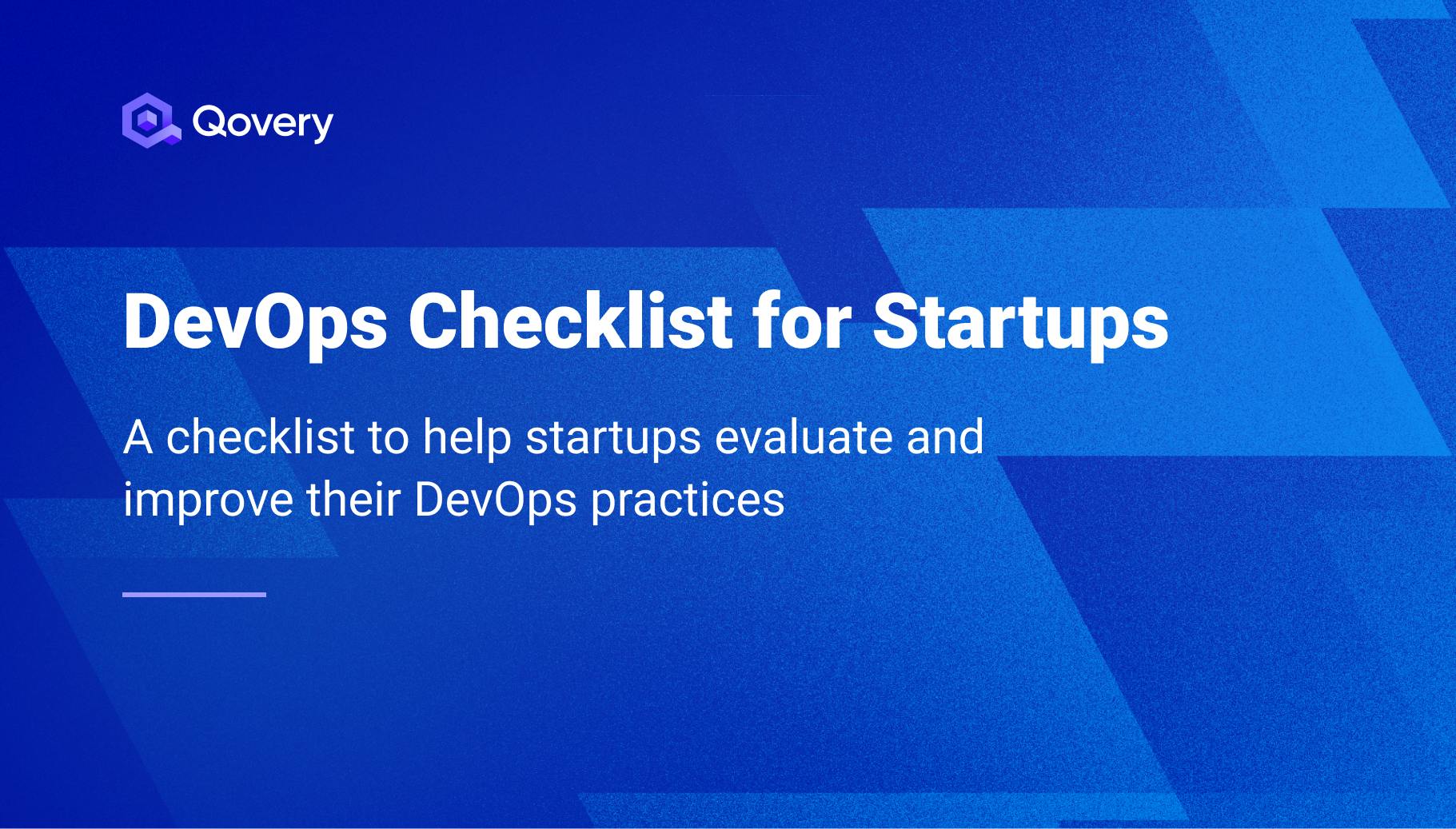4 Best Docker Desktop Alternatives
Docker Desktop has been a go-to tool for many developers, but since it introduced its paid version for enterprises, numerous teams have been exploring alternatives. Whether you’re looking for a free solution or a tool tailored to different workloads, there are several competitive options to consider.

Morgan Perry
September 5, 2024 · 4 min read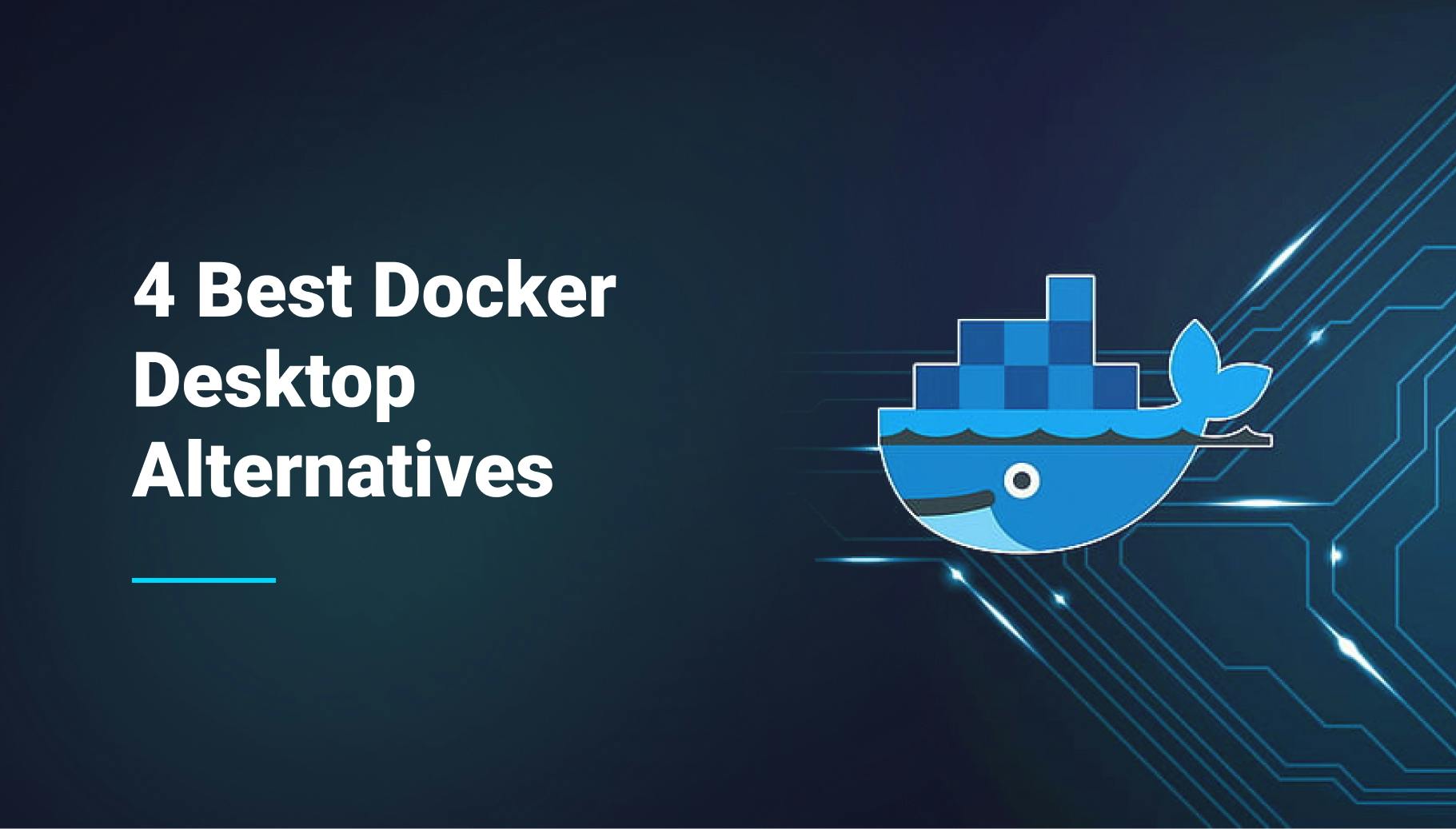
#What changed with Docker Desktop?
Docker Desktop now requires a paid subscription for professional use in larger businesses and government entities. While it remains free for smaller businesses, personal use, and educational or non-commercial open-source projects, enterprises are required to opt for Docker Pro, Team, or Business subscriptions. This shift in licensing has impacted organizations that previously relied on Docker Desktop as a free tool and has fueled the search for alternatives that provide similar functionality without the cost.
Now, let’s explore the four best alternatives to Docker Desktop.
#1. Qovery
Best for: streamlining DevOps workflows with Kubernetes-based environments.
With Qovery’s Local Mode, developers can seamlessly test and deploy applications on their local machine, just as they would in production. Qovery provides a smooth developer experience, particularly with its powerful CLI, allowing you to create non-production environments using the "qovery demo up command". You get Kubernetes clusters running locally, leveraging the same infrastructure you would use on cloud providers—making it a robust and flexible tool for local development.
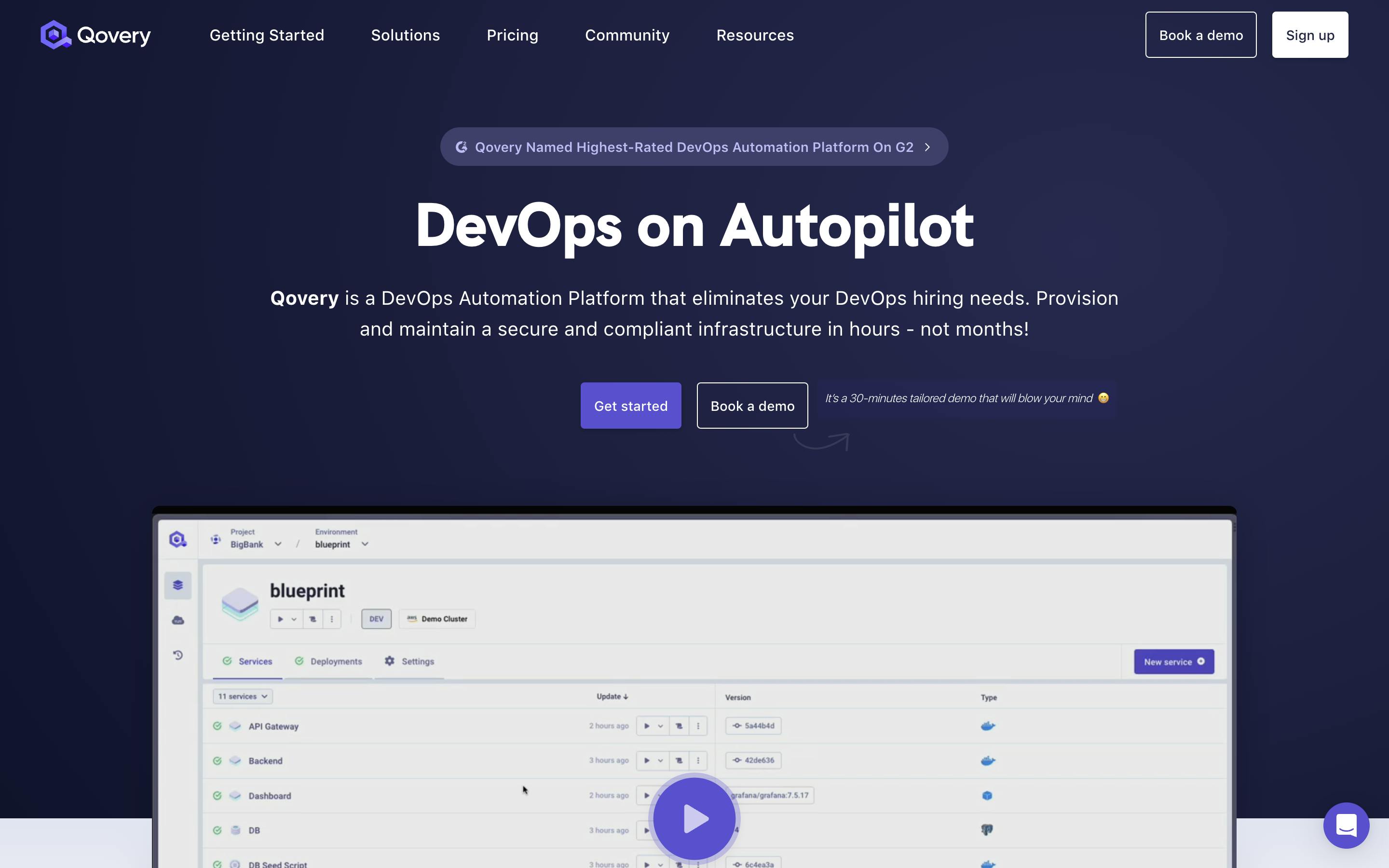
Key Features:
- Free for individual developers.
- Simplified testing and deployment of Kubernetes environments locally.
- Integration with Docker, Kubernetes, and other cloud-native tools.
- Automates DevOps workflows, reducing operational complexity.
- Quick setup with the Qovery CLI (qovery demo up).
Qovery’s Local Mode is ideal for those looking for a unified experience across local and production environments, all without incurring additional costs for individual users. Sign up for a free trial today and streamline your DevOps workflow effortlessly
#2. Rancher Desktop
Best for: Kubernetes-centric development with easy setup and cross-platform support.
Rancher Desktop is an open-source alternative focused on Kubernetes. It allows developers to containerize applications and run them within a Kubernetes environment. With built-in container management and robust support for both Docker and containerd, Rancher Desktop provides flexibility and integration with modern cloud-native tools.
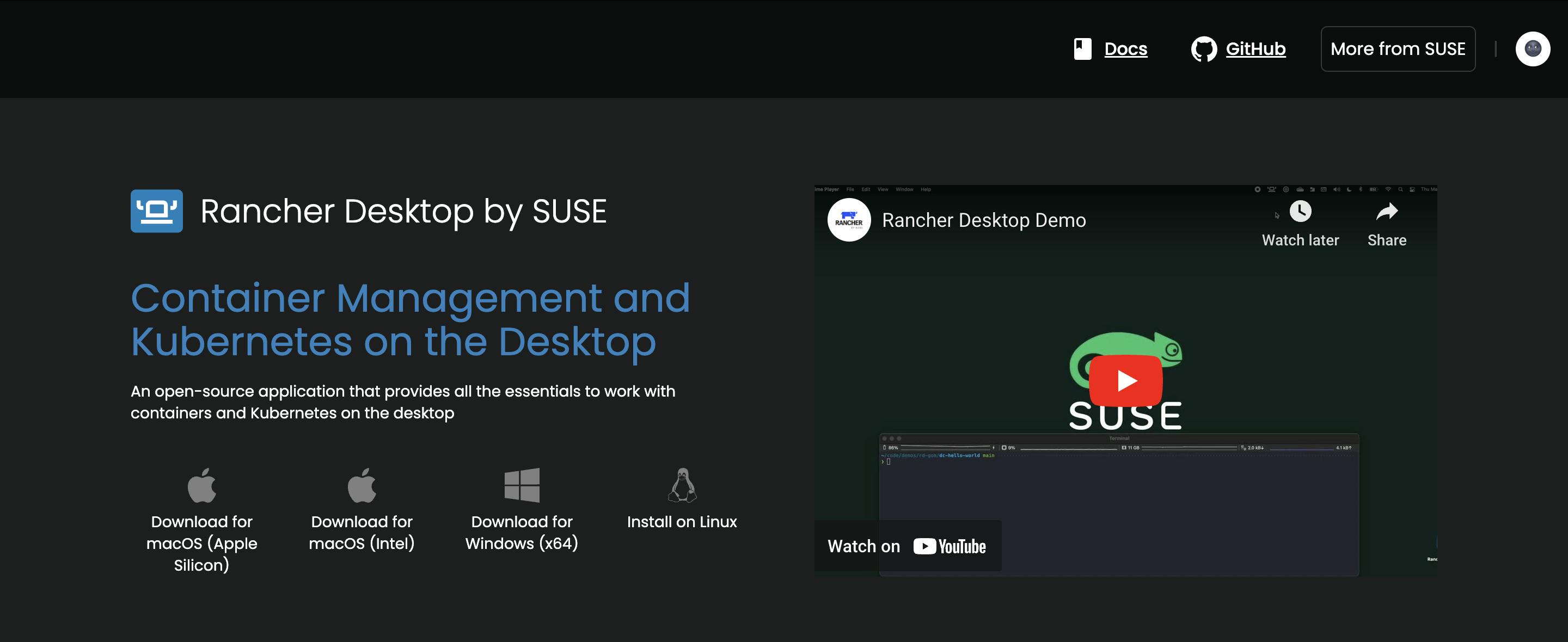
Key Features:
• Native Kubernetes support.
• Compatibility with Docker and containerd.
• Multi-platform support (Windows, macOS, Linux).
• Free and open source.
Rancher Desktop is perfect for Kubernetes-focused teams that want a simple, scalable solution without the need for Docker’s enterprise offerings.
#3. Podman Desktop
Best for: Developers who need a Docker-compatible but daemonless experience.
Podman Desktop offers a secure, Docker-compatible alternative without the need for a running daemon, which makes it inherently more lightweight and secure. Podman also features easy integration with Kubernetes, making it a suitable option for developers seeking a direct, daemonless approach to container management.
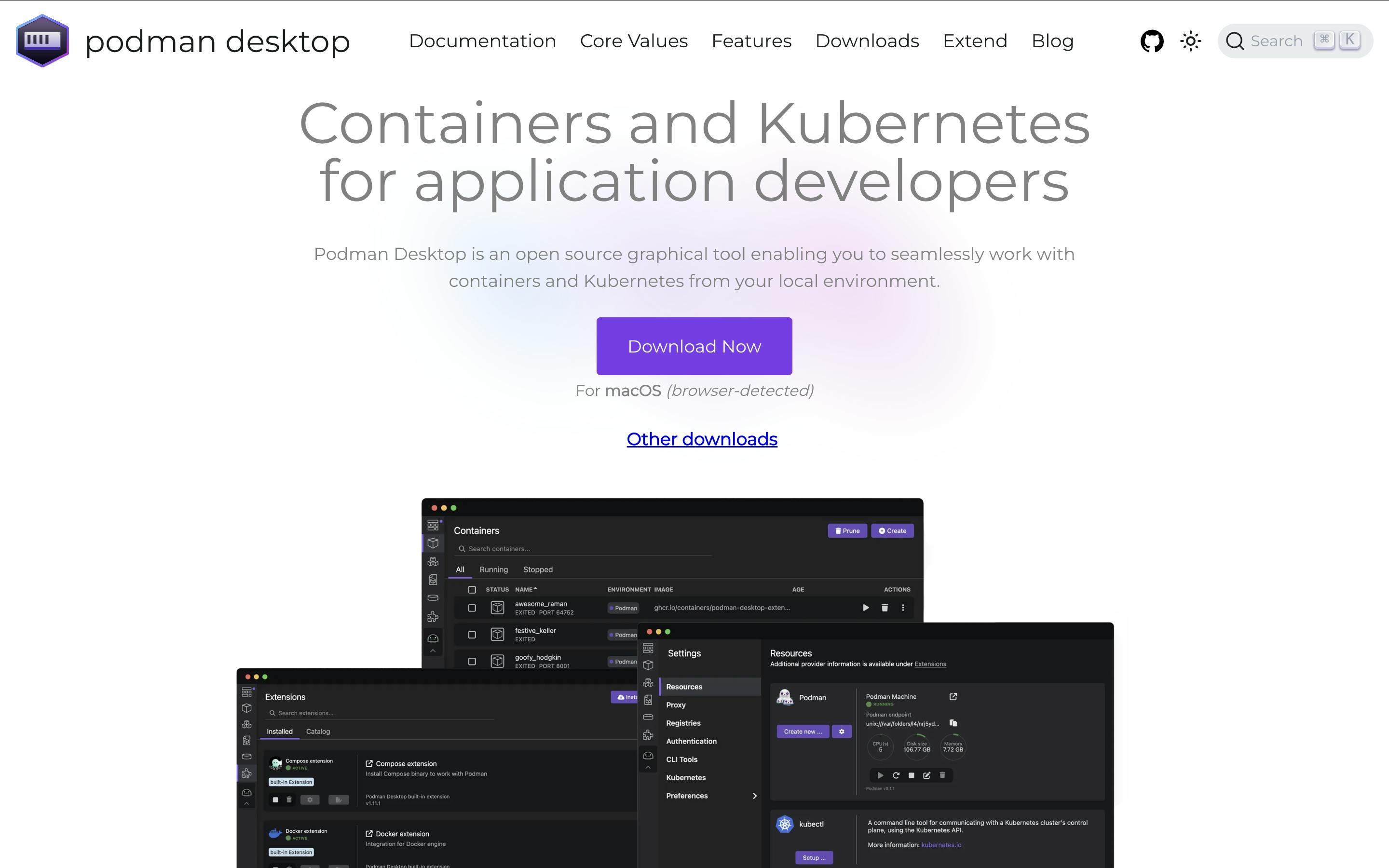
Key Features:
- Docker-compatible without a running daemon.
- Focus on security (rootless containers).
- Seamless Kubernetes integration.
- Open source and free.
Podman Desktop is highly favored by security-conscious teams who want the familiarity of Docker without the overhead of managing a background daemon.
#4. OrbStack
Best for: Lightweight and fast Docker Desktop alternative for macOS users.
OrbStack is designed specifically for macOS users and focuses on speed and simplicity. It offers fast container orchestration with minimal resource usage, making it an excellent choice for developers working with macOS who need a lightweight alternative to Docker Desktop.
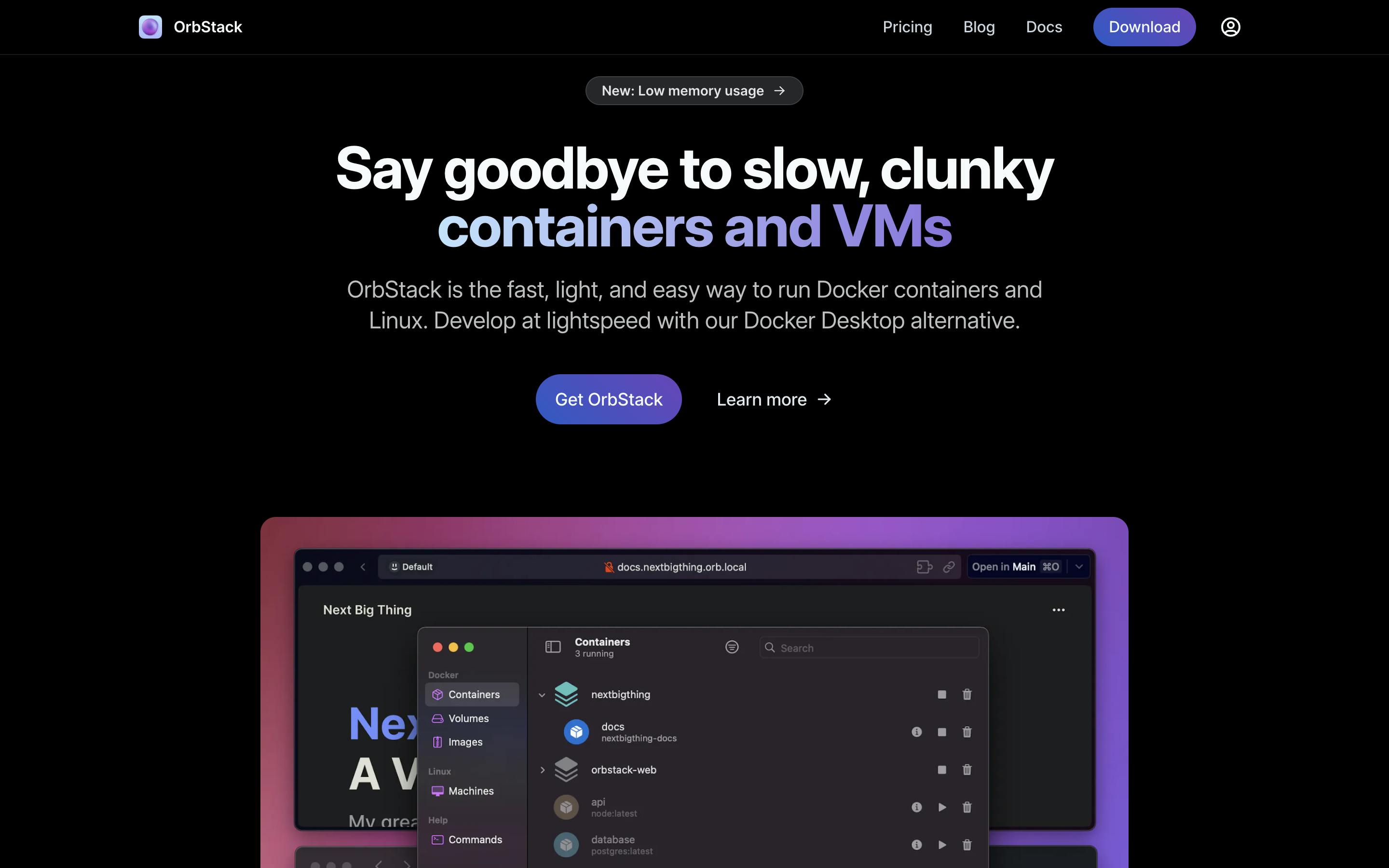
Key Features:
- Extremely lightweight and fast.
- Optimized for macOS.
- Simple interface with Docker compatibility.
- Low resource consumption.
OrbStack is perfect for macOS users looking for a lightweight, fast, and efficient Docker alternative.
#Choosing the right Docker Desktop alternative
When selecting a Docker Desktop alternative, consider the following factors:
- Workload type: Are you focused on Kubernetes, Docker, or a mix of both?
- System resources: Do you need a lightweight solution, or are you okay with heavier tools?
- Platform: Some tools like OrbStack are macOS-specific, while others like Rancher Desktop are cross-platform.
- Cost: If you’re an individual developer, tools like Qovery’s Local Mode or Podman Desktop may be perfect since they are free.
Evaluate these options based on your specific development and operational needs, and choose the tool that best aligns with your workflow.
#Conclusion
The licensing changes to Docker Desktop have prompted many businesses to explore more flexible and cost-effective alternatives. Whether you’re a startup or a large enterprise, these options provide powerful solutions for your containerization and development needs.
However, if you’re looking for a solution that goes beyond simple container management, give Qovery a try! Not only does Qovery streamline deployment and cloud application management, but it also automates many DevOps tasks, allowing you to focus on development rather than infrastructure.
Your Favorite DevOps Automation Platform
Qovery is a DevOps Automation Platform Helping 200+ Organizations To Ship Faster and Eliminate DevOps Hiring Needs
Try it out now!

Your Favorite DevOps Automation Platform
Qovery is a DevOps Automation Platform Helping 200+ Organizations To Ship Faster and Eliminate DevOps Hiring Needs
Try it out now!
